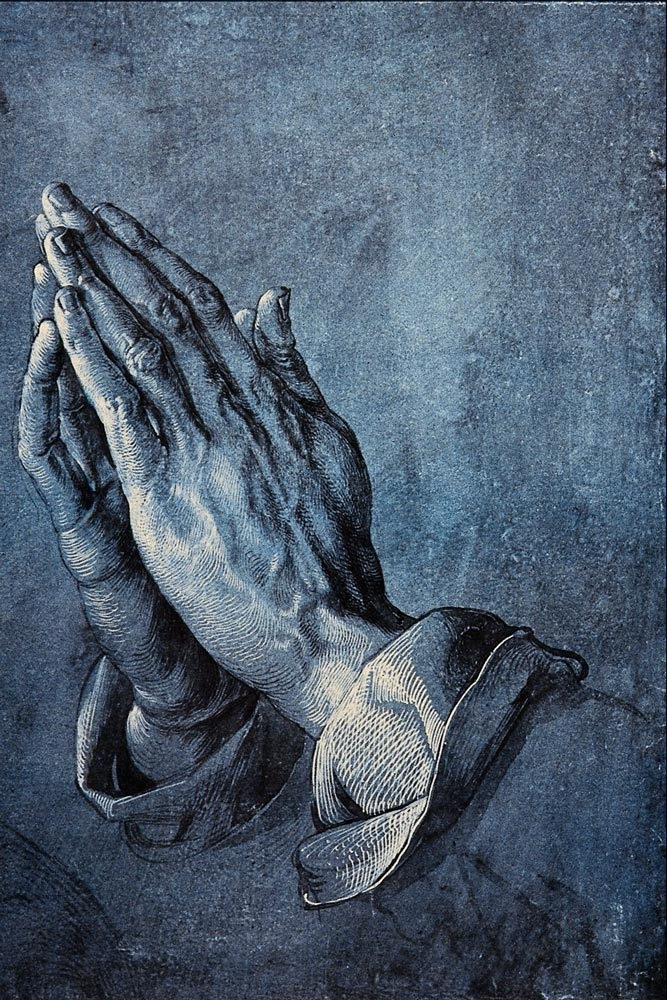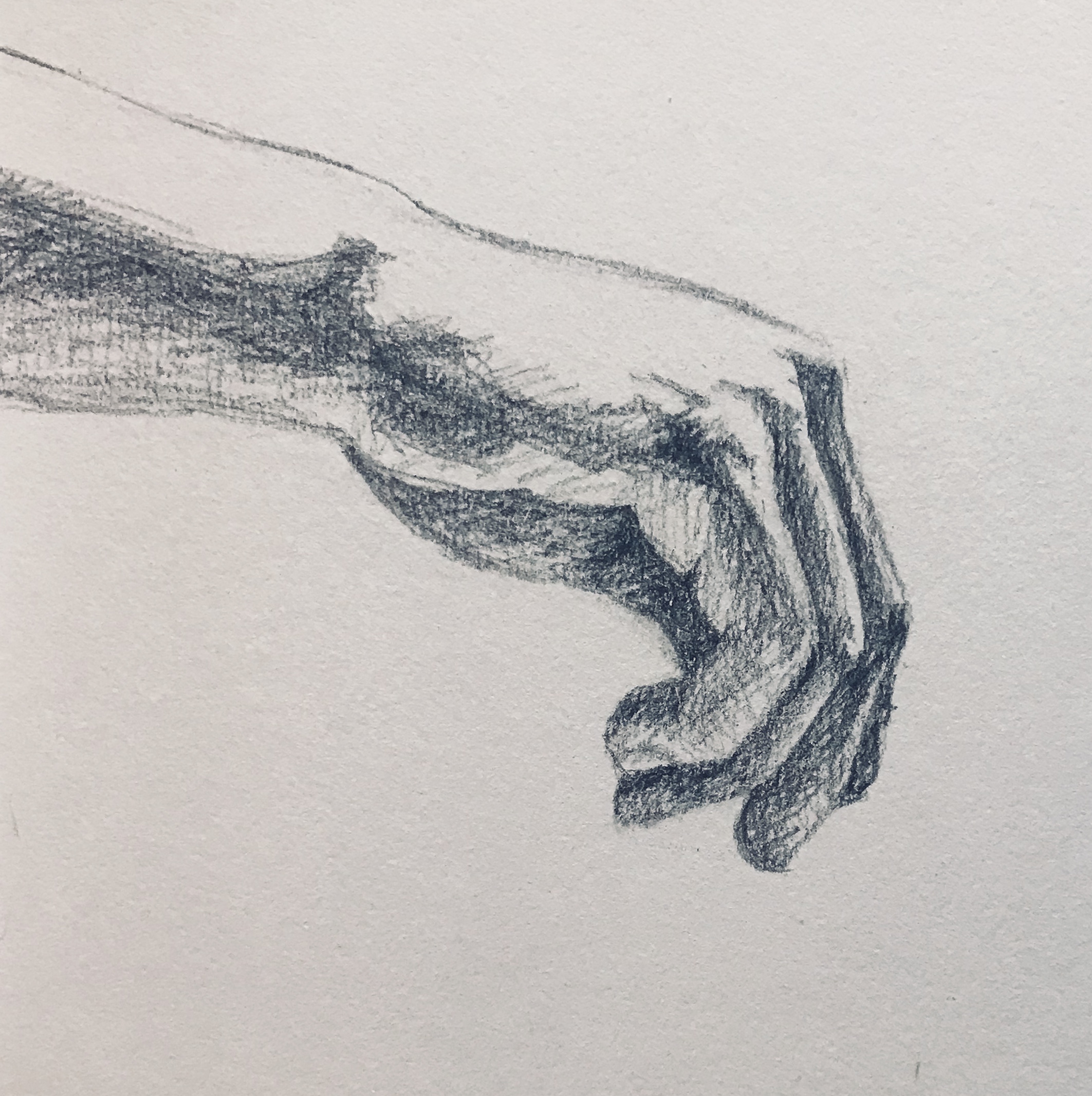
The Lord’s prayer is not just a formula. Indeed, Jesus Himself just finished rebuking those who multiply their words thinking that sheer quantity is what will get them a hearing before God. The Lord’s prayer is truly prayed by a heart that has allowed itself to resonate profoundly with the different sentiments and petitions contained therein. So the first step in learning how to pray the Lord’s prayer is actually understanding what each of the lines means:
“Our Father” – Our God is not Master, nor is He Judge, nor is He Supervisor or Babysitter. Our God is not Mother, nor is He Friend or Buddy. Fatherhood is a relationship to a being from whom we have received life, and so long as a man continues to give life he is truly a father. The life that God the Father gives us is something we call Grace, that Grace is nothing less than a share in His own Life. We continue to receive that grace to the extent that we allow God to exercise His Fatherhood upon us. The first statement of the Lord’s prayer takes us immediately to the core of Christianity. Our God is the True Father.


